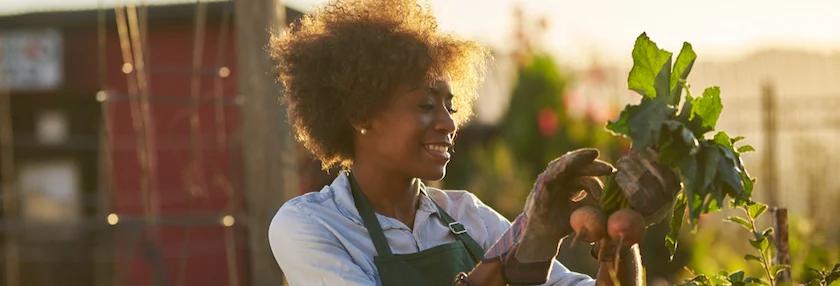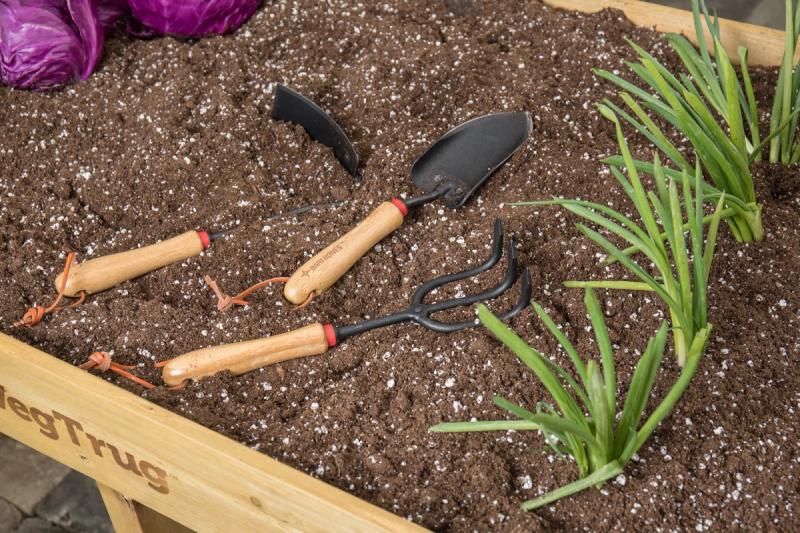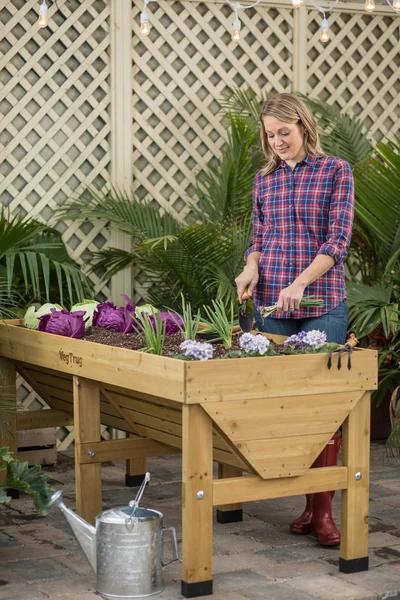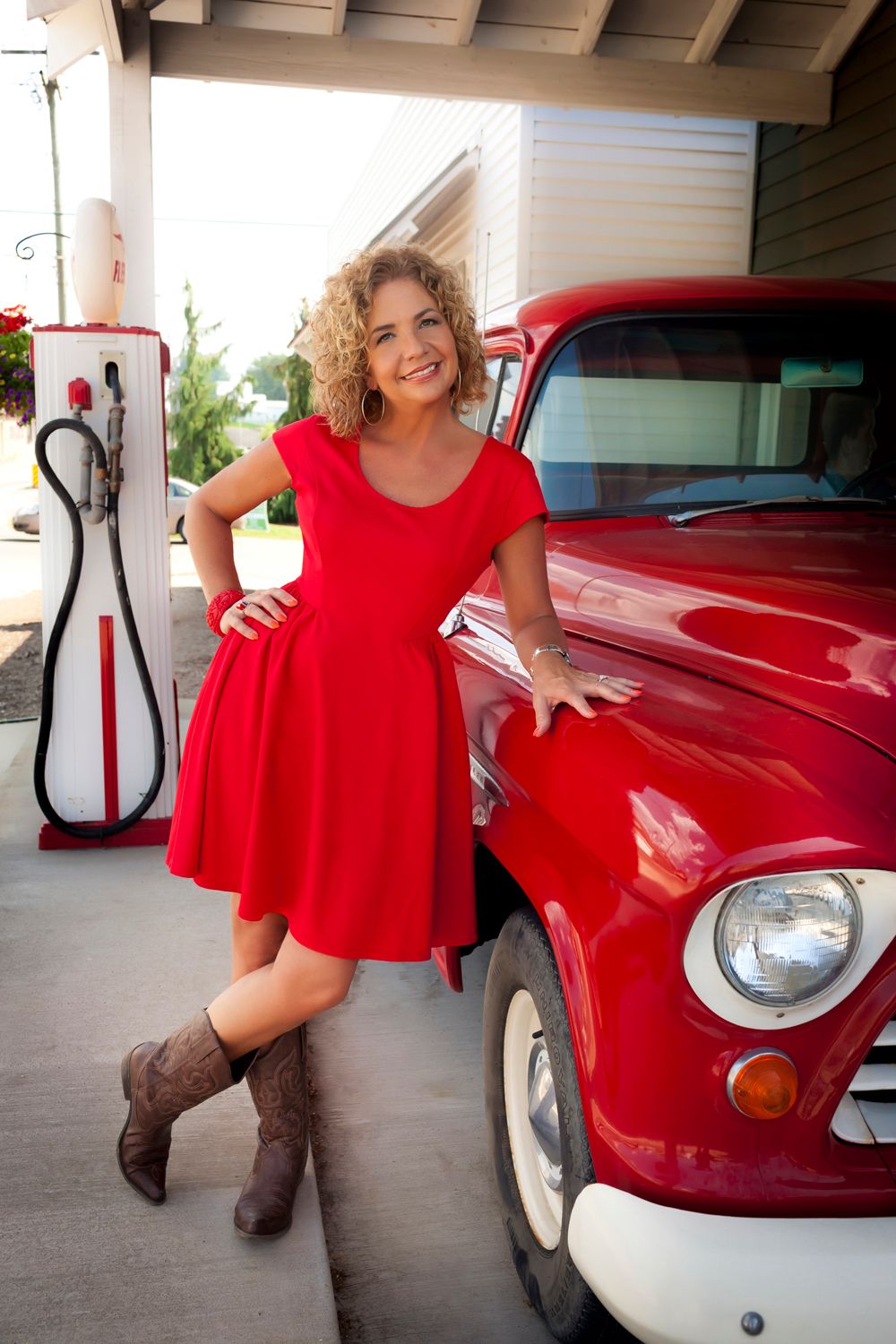What to know before you grow


Advice from the experts for the novice gardener
The two most important items for your garden are soil and sun.
Sun
When you mentally planning your garden, look outside to see when and where the sun hits. Vegetables need sun to thrive. You can start with a small 10 x 10 plot, or even a container garden, which can be placed in the best sunny spot.
TIP: You want the garden to have at least six hours of sun daily.
Soil
If you don’t have loamy soil (full of nutrients that your plants need), you can add compost. Put a compost pail in your kitchen and use it to collect scraps and leftovers that you can then put in your garden. You are literally feeding your garden from your kitchen.
TIP: Don’t put any meat or dairy items on your compost pile. Not only will it attract critters, but those materials could also contain bacteria that isn’t good for people.

What to plant
As you are thinking about your vegetable garden, think of what you like to eat. If you family loves green beans, but dislikes tomatoes, then plant the beans.
TIP: It’s a good idea to put in a variety of vegetables to see what thrives so you can adjust next year.
How much to plant
Start small, especially if this if your first garden. If you like tomatoes, plant two the first year, not twenty!
TIP: Try a salsa garden—plant tomatoes, peppers, cilantro, chives, cilantro and whatever else you like in fresh salsa.
When to plant
You need to know which garden zone you are in - check the USDA Plant Hardiness Zone Map | Planting Zones Map USA - Garden.org. You can also start your seed indoors, so the sprouts are sturdier when they go into the ground.
TIP: For a first-time gardener, buying sprouts might ensure more success than growing from seed.
For more information: Garden Accessories: Garden Tools, Beds, Tables (lehmans.com)

About the author
As the Director of Marketing for Lehman’s (and daughter of company founder Jay Lehman), Glenda is responsible for the customers’ view of the brand.
Tags:Country Living

Acreage Life is part of the Catalyst Communications Network publication family.
















